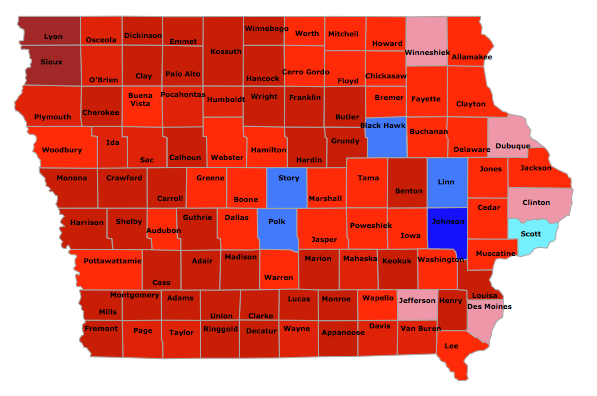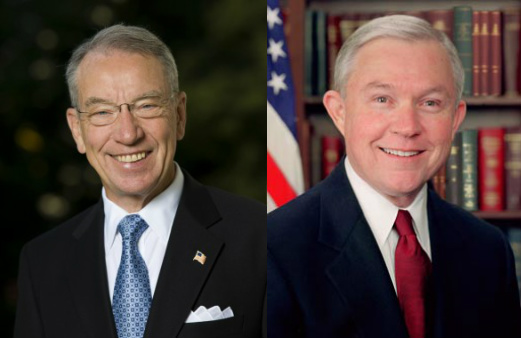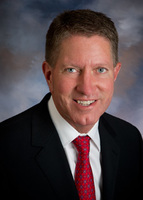Former Republican State Senator David Johnson will remain an independent during the Iowa legislature’s 2017 session, but he will not be entirely shut out of committee work. William Petroski reported for the Des Moines Register this weekend that Democrats offered Johnson one of their positions on the Natural Resources Committee, recognizing his work on issues in that committee’s jurisdiction. In recent years, Johnson has been the leading Republican advocate for increasing conservation spending in the state budget as well as for raising the sales tax to fill the Natural Resources and Outdoor Recreation Trust Fund.
Johnson quit the Republican Party in June to protest the nomination of Donald Trump for president. He had occasionally found himself at odds with this GOP colleagues before then. For instance, he supported the unsuccessful Democratic effort to stop Medicaid privatization and later voted for a Democratic bill on stronger Medicaid oversight.
First elected to the Iowa House in 1998 and to the Senate in 2002, Johnson told Petroski he hasn’t decided whether to run for re-election in Senate district 1 next year. Zach Whiting, a staffer for U.S. Representative Steve King, announced in August that he will run in Johnson’s district, which is the GOP’s second-safest seat in the state. The latest figures from the Secretary of State’s office show Senate district 1 contains just 7,900 active registered Democrats, 21,374 Republicans, and 13,574 no-party voters. The five counties in the district voted for Trump by wide margins in November. The GOP nominee received 81.4 percent in Lyon, 78.8 percent in Osceola, 68.2 percent in Clay, 65.5 percent in Palo Alto, and 65.2 percent in Dickinson.
Despite having only one committee assignment for the coming legislative session, Johnson sounds content with his new independent status:
“I have made some votes in the past that I wasn’t comfortable with, and I don’t believe really represented the district that I am honored to represent,” Johnson told The Des Moines Register. “I am free now to really follow my conscience and my constituents. We always talk about how you should put your district first. Well, I can now because I represent everybody. I don’t represent Republicans here. That has created quite a furor among some Republican leaders, and that’s fine.”
According to legislative records cited by Petroski, an independent hasn’t served in the Iowa Senate since 1925 or in the Iowa House since 1972.
Continue Reading...
















